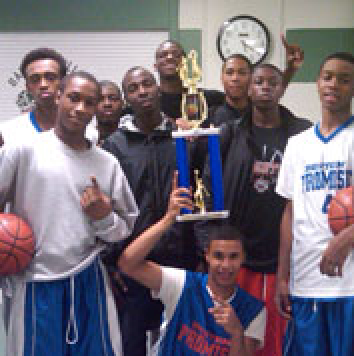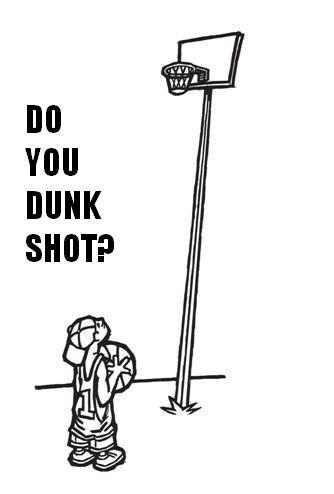This is a guest post written by Devan McConnell on our most recent conference in May:
I recently attended the 2nd Annual Boston Hockey Summit and Basketball Symposium at Northeastern University. The information was incredible, and it was only outmatched by the impressive turnout of top notch professionals. And I’m not just talking about the speakers. Everywhere you looked there were NHL, NBA, and big time college coaches, plus lots of smart people from the private sector, progressive ATC’s, PT’s, sport coaches and even professors. Art Horne and Dan Boothby from Northeastern put on a truly impressive conference.
For most of two days, there were 2 speakers at a time all day long…one on the basketball side, and one on the hockey side. I can honestly say there was not a single presenter I would have skipped had I had the choice. That being said, I was obviously only able to see half of the presentations, and these are some of the main points I took away.
1. Matt Nichol “Not an anti-cardio guy, just a pro results guy!”
2. Over time training “train for a 90 second shift by riding a bike for 45 minutes….well then how should a tri-athlete train?”
3. Creating championship programs is all about getting your kids to compete- Amanda Kimbell
4. Team vs. Team competitions at colleges get kids to work hard without knowing it
5. There are 3 types of dysfunction…Physiological, Biomechanical, Neuromuscular. You have to know which one you are dealing with.- Bill Hartman
6. Pay attention to the foot, and pay attention to posture. If these are messed up, then good luck.
7. Recovery is still not understood well, but seems to be more or less common sense…Rest, get good Nutrition, reduce Inflammation, increase Comfort.- Bill Sands
8. The better the athlete and the higher the level of competition, the more important recovery and regeneration are…so if you’ve got good athletes, you better be taking care of this.
9. PLAN!!! If you don’t have a long term plan written out, it’s easy to overlook the amount of volume and intensity, and lack of recovery
10. Great quote- “Injury prevention is like the Weather Man” - Alan DeGennaro
11. If you have an influence over recruiting or drafting, stay away from previously injured athletes.
12. High/Low model of training based off of the work and knowledge of Charlie Francis…”Max effort is max effort. Lower body one day and upper body the next is still human body max effort.”
13. Along those same lines, “The body is an organism. It responds in whole”
14. Ideal yearly planning in the NHL means you have a short off-season due to the little problem of winning the Cup.
15. Post game lifts, with practice day core work is the model used by Sean Skahan with the Ducks.
16. In this Olympic year, the focus was on recovery vs. strength….seeing a pattern?
17. In season in the NHL is about getting done what you can…Olympic lifts after games because that’s the only time to get it done.
18. Keith D’Amieio has an interesting way of looking at sprint times….
Height + Weight / Sprint time = Sprint index
19. Single leg Hop and stop test measures Single leg Power, Force absorption, and asymmetries all at the same time.
20. Mike Boyle’s “Death of Squatting” was not a knee jerk reaction…the guy has literally looked at over 1,000,000 squats in his career.
21. The argument that you should squat BECAUSE the low back is the weak link is completely missing the point….WE SQUAT TO TRAIN THE LEGS…DO SOMETHING ELSE FOR THE BACK.
22. Less spinal load, more leg work. Enough said.
23. Deadlifts may actually be a better exercise for people w/ Low Back Pain because the spinal forces are completely different from those in the squat.
24. The DL is ANTI FLEXION.
25. The RFE may not be a good in season lift for hockey players, in much the same way slideboard is not a great choice in season due to the stress already incurred on the ice.
These are just a fraction of what I took away from all the presenters this past weekend. The only thing I was disappointed with was that I was not able to hear everyone speak. Whether they were on the basketball or hockey side, there was so much great information being thrown around, you couldn’t help but get better!
Devan McConnell is the Sports Performance Coach for Women’s Basketball and Men’s and Women’s Volleyball at Stanford University. He can be reached at DevanM@Stanford.edu




